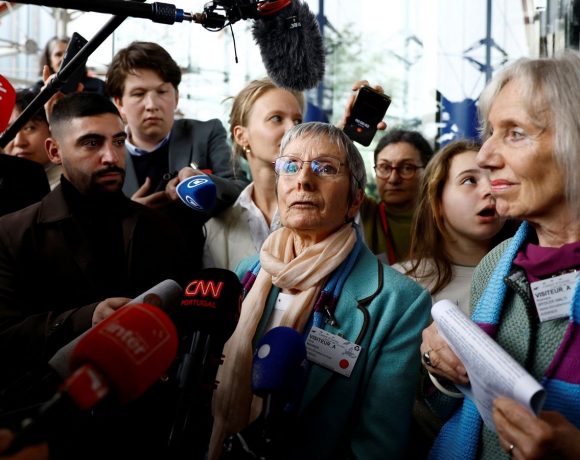
An expert commission appointed by the government in Germany has recommended legalizing abortion within the first 12 weeks of pregnancy. Currently, while abortions are technically illegal, exceptions exist for cases such as medical consultation beforehand, rape, or danger to the woman’s life. However, the ambiguous legal situation leads to challenges for both women seeking abortions and healthcare providers, contributing to stigma and uneven access to services, especially in rural areas.
The commission’s report, released a year ago, argues that maintaining the status quo is untenable in light of constitutional, human rights, and European law considerations. However, the government is not bound to follow the commission’s recommendations, and conservative opposition parties are threatening legal action if the law is changed. They accuse the commission of bias and claim the government is initiating a culture war over abortion rights.
While Germany has generally avoided the intense politicization of abortion seen in other countries, such as Poland or the US, upcoming national elections next year could intensify the debate. Politicians may use the issue to rally support amidst declining popularity, potentially prolonging the discussion and fueling further polarization.
Picture Courtesy: Google/images are subject to copyright









